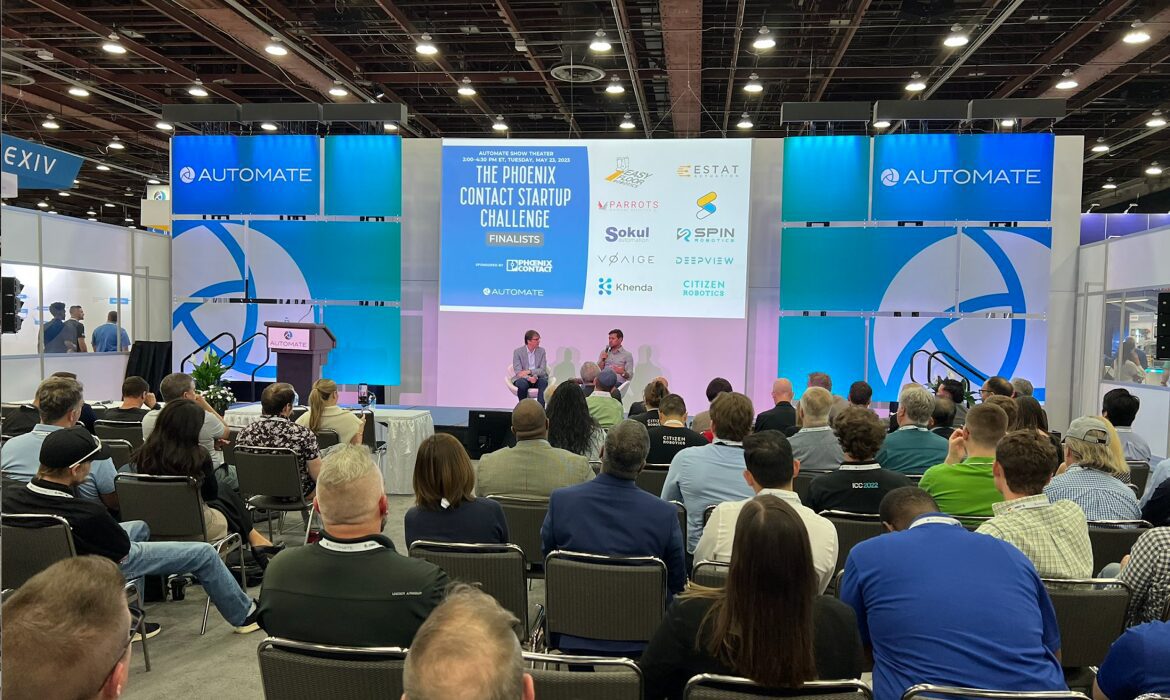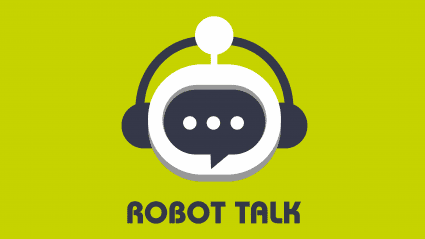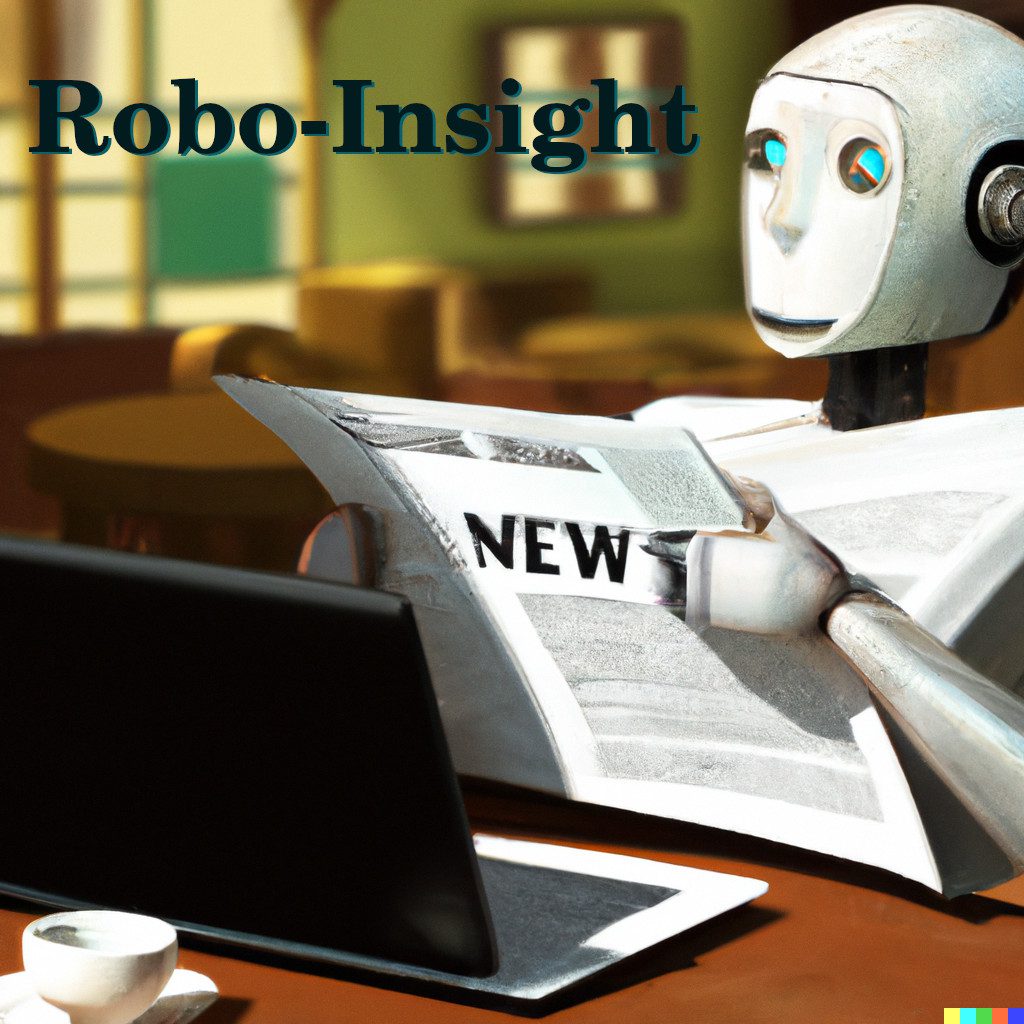“Thirty million developers” are the answer to driving billion-dollar robot startups, exclaimed Eliot Horowitz of Viam last week at Automate. The hushed crowd of about 200 hardware entrepreneurs listened intensely to MongoDB‘s founder and former CTO (a $20Bn success story). Now, Horowitz aims to take the same approach that he took to democratizing cloud data applications to mechatronics. As I nudged him with questions about how his new platform will speed complex robot deployments to market, he shared his vision of the Viam developer army (currently 1,000+ strong) creating applications that can be seamlessly downloaded on the fly to any system and workflow. Unlike RoS which is primarily targeted to the current community of roboticists, Viam is luring the engineers that birthed ChatGPT to revolutionize uncrewed systems with new mechanical tasks addressing everyday needs. Imagine generative AI prompts for SLAM, gripping, computer vision, and other highly manipulative tasks with drag-and-drop ease.

Interviewing Horowitz recalled my discussion a few months back with Dr. Hal Thorsrud of Anges Scott College in Georgia. Professor Thorsrud teaches a novel philosophy course at this Liberal Arts institution on the “Introduction to Artificial Intelligence.” Similar to Horowitz, Thorsrud envisions an automated world whereby his graduates would be critical in thinking through the ethical applications of robots and AI. “Ethics has to become an engineering problem which is fascinating because, I mean, the idea is that we need to figure out how we can actually encode our ethical values into these systems. So they will abide by our values in order to pursue what we deemed to be good,” remarked Thorsrud.
According to Thorsrud’s syllabus, the class begins: “with a brief survey of positions in the philosophy of mind in order to better understand the concept of intelligence and to formulate the default position of most AI research, namely Computationalism. We then examine questions such as ‘What is a computer?’, ‘What makes a function or number computable?’, ‘What are algorithms and how do they differ from heuristics?’ We will consider fundamental issues in AI such as what makes a system intelligent, and whether computers can have minds. Finally, we will explore some of the ethical challenges that face AI such as whether intelligent artificial systems should be relied upon to make important decisions that affect our lives, and whether we should create such systems in the first place.”

In explaining the origins of his course, Dr. Thorsrud recalled, “A lot of my students are already interested in philosophy. They just don’t know it. And so, in fact, just recently my department has joined forces with neuroscience. We’re no longer a Philosophy Department. We’re now the Philosophy of Neuroscience, and now the Department of Law, Neuroscience, and Philosophy. Because these students are interested in mind, they are interested in intelligence, but they don’t realize that philosophy has been dealing with an attempt to understand the nature of mind from the very beginning, and the nature of intelligence from the very beginning. So we have a lot to offer these students this question of how to reach them. So that’s what kind of started me off on this different path, and, in the meantime think the same is true of artificial intelligence.”
Thorsrud elaborated that this introductory course is only the first step in a wider AI curriculum at Anges Scott as the confluence between endeavors like Viam and ChatGPT collide in the coming years to move the automation industry at hyperspeed. Already, the AI Philosopher sees how GPT is challenging humans to stand out, “The massive growth in the training data and the parameters, the weights that were that the machine learning was operating on really paid off.” He continued to illustrate how dystopian fears are unfounded, “I mean, we have a tendency to anthropomorphize things like ChatGPT and it’s understandable. But as far as I can tell, it’s, it’s a long way from the intelligence of my dog, a long, long way.” He is realistic about the speed of adoption, “Well, as a philosopher, they’re never going to be able to get to the point where they can give me a credible adjudication, because human judgment you know it is. And, this is another example of the ever-present receding horizon problem. First, you know that computers will never be able to beat a human at chess. Okay, fine computers will never be able to beat a human at GO. Fine computers will never be able to write. And so we keep setting these limits down, and then surpassing them.”

At Automate, I had the chance to catch up with ff Venture Capital portfolio company, PlusOne Robotics, and its amazing founder, Erik Nieves. While the talk in the theater was about the future, Nieves illustrated on the floor what is happening today. Impressively the startup is close to one million picks of depalletizing packages and sorting goods for the likes of FedEx and other leading providers of shipping & logistics. PlusOne’s proprietary computer vision co-bot platform is not waiting for the next generation of developers to join the ranks, but building its own intelligent protocols to increase efficiencies on the front lines of e-commerce fulfillment.
As Brian Marflak, of FedEx, remarked, “The technology in these depalletizing arms helps us move certain shipments that would otherwise take up valuable resources to manually offload. Having these systems installed allows team members to perform more skilled tasks such as loading and unloading airplanes and trucks. This has been a great opportunity for robotics to complement our existing team members and help them complete tasks more efficiently.”
Markflak’s sentiment was shared by the 25,000+ attendees of Automate that filled the entire Detroit Convention Center. A big backdrop of the show was how macro labor trends and shortages are exasperating the push towards automation (and thus moving the horizon even further). According to the most recent reports, close to 20% of all US retail sales are driven online, with over 20 billion packages being shipped every year growing at an annual rate of 25%. This means even if the e-commerce industry is able to hire a million more workers, there are not enough (organic) hands to keep up. As Nieves puts it, “The growth of e-commerce has placed tremendous pressure on shipping responsiveness and scalability that has significantly exacerbated labor and capacity issues. Automation is key, but keeping a human-in-the-loop is essential to running a business 24/7 with greater speed and fewer errors. With the ongoing labor shortages, I believe we’ll see an increase in the adoption of Robots-as-a-Service (RaaS) to lower capital expenditures and deploy automation on a subscription basis.” Get ready for Automate 2024, as the convention moves for the first time to an annual gathering!
tags: c-Events


Oliver Mitchell is the Founding Partner of Autonomy Ventures a New York based venture capital firm focused on seed stage investments in robotics





